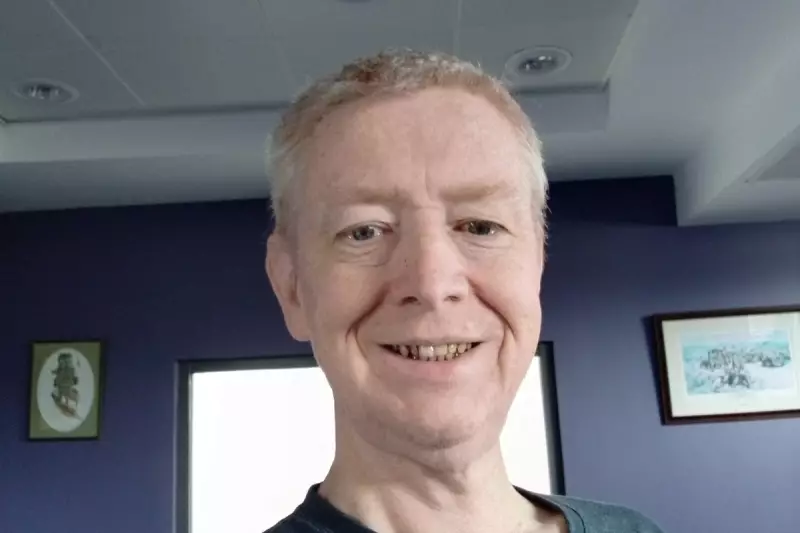
In a medical breakthrough that could transform cancer care, British scientists have developed a revolutionary 'smart jab' showing extraordinary promise in treating aggressive tongue cancers.
A Triple-Threat Approach to Cancer
The innovative treatment represents a significant leap forward in oncology, employing a sophisticated triple-action mechanism that simultaneously attacks cancer cells while supercharging the body's natural defences.
Early research findings from the Francis Crick Institute and University College London have generated considerable excitement within medical circles, with the treatment demonstrating remarkable effectiveness against one of the most challenging forms of oral cancer.
How the Revolutionary Treatment Works
Unlike conventional therapies that take a single approach, this smart injection combines three powerful anti-cancer strategies:
- Directly targets and eliminates cancerous cells in the tongue
- Activates the immune system to recognise and destroy cancer cells
- Creates a protective barrier preventing tumour regrowth
This multi-pronged approach addresses the complex nature of head and neck cancers, which have historically proven difficult to treat effectively with single-method treatments.
Promising Early Results
Laboratory studies have yielded encouraging outcomes, with researchers observing significant tumour reduction and improved survival rates in preclinical models. The treatment appears particularly effective against cancers caused by human papillomavirus (HPV), which account for a growing number of tongue cancer cases worldwide.
Professor Ketan Shah, the principal investigator, described the findings as "exceptionally promising," noting that the triple-action approach could potentially be adapted for other cancer types in the future.
Potential Impact on Cancer Care
If successful in human trials, this treatment could represent a paradigm shift in how tongue cancers are managed, potentially reducing the need for extensive surgery and radiation therapy that can significantly impact patients' quality of life.
The research team is now preparing for clinical trials, with hopes that the treatment could become available to NHS patients within the coming years if further testing confirms its safety and effectiveness.
This development comes at a critical time, as cases of tongue cancer have been steadily increasing, particularly among younger patients, highlighting the urgent need for more effective treatment options.





